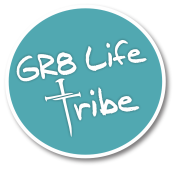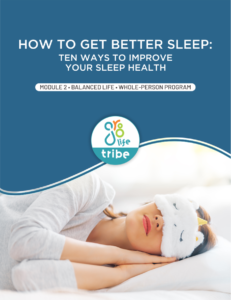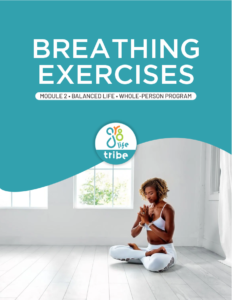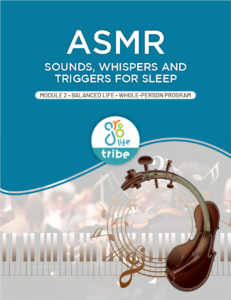
MODULE 2
Sleep and Rest for Whole-Person Health
“A good laugh and a long sleep are the best cures in the doctor’s book.”
– Irish Proverb
Prioritize Sleep
Has there ever been a time when you didn’t prioritize sleep? It’s very common! Like nutrition, sleep is a cornerstone of whole-person health. Though it’s frequently undervalued, it’s essential to everything from immunity, metabolism, and productivity to athletic performance and social interactions.
For adults, aiming for seven to nine hours of sleep per night is generally recommended. Of course, it’s somewhat bio-individual and based on factors like health status and age.
It can become a vicious cycle: You don’t sleep well, so you feel tired and stressed the following day. As a result, you require more caffeine to stay alert and focused. You also crave more sugar and simple carbohydrates for energy. Maybe you nap or skip your exercise because you’re too tired. All these habits perpetuate the cycle of poor-quality sleep.
Circadian Rhythms
Circadian rhythms are internal clocks that coincide with the 24-hour cycle as the earth rotates around the sun. The most well-known circadian rhythm is your body’s natural sleep-wake cycle. Studies have shown that circadian rhythms can affect bodily functions like digestion, hormone release, and body temperature. Getting adequate amounts of high-quality, restorative sleep helps regulate your circadian rhythms.
Explore the Sleep Cycles
It’s important to understand sleep cycles. A healthy sleep cycle typically lasts 90–120 minutes and consists of four stages followed by a period of rapid eye movement (REM). Three to four full sleep cycles can occur per night.
Click or tab to each of the sleep stages and the REM period in the following image to read about them and learn why they’re important for whole-person health. You may also click or hit the enter key to uncover more information about each sleep stage.

Tips for Sleep Challenges
Most people are aware when they need more sleep, and they’re often motivated to get it. However, different strategies (How to Get Better Sleep: Ten Ways to Improve Your Sleep Health PDF) work for different people, and you ultimately have to figure out what works for you, no matter what it is. In the section below, you’ll find some common sleep challenges and tips for how to work with them.
Select each sleep challenge to learn more.




